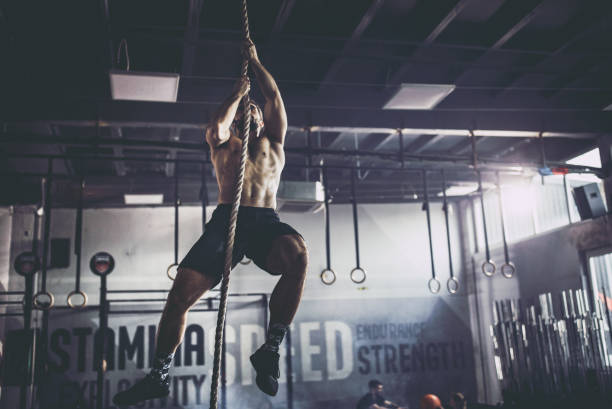TRT and Athletic Performance: What Every Man Should Know
Learn how testosterone and TRT influence male athletic performance. Understand benefits, risks, and when to seek medical advice.
What Is TRT?
Testosterone Replacement Therapy (TRT) is increasingly popular among men over 30 who experience fatigue, muscle loss, and reduced performance. But what role does TRT play in athletic performance, and is it always the right choice?
This article explores the connection between testosterone, male athletic health, and when TRT might be worth considering.
1. The Role of Testosterone in Performance
Testosterone plays a vital role in:
- Building and maintaining muscle
- Enhancing energy, drive, and endurance
- Accelerating post-workout recovery
- Supporting motivation and mental clarity
2. Signs of Low Testosterone
Some men may have naturally lower levels. Common signs include:
- Decreased strength or stamina
- More belly fat and muscle loss
- Lower sex drive and energy
- Irritability or depression
3. What Is TRT?
TRT is a medical treatment involving testosterone supplements, usually in gel, patch, or injection form. It’s prescribed only after bloodwork confirms deficiency and symptoms are disruptive.
4. Benefits and Risks for Athletes
Potential Benefits:
- Faster muscle recovery
- Enhanced energy and motivation
- More consistent training output
Risks to Be Aware Of:
- Potential impact on fertility
- Long-term hormone dependence
- Possible heart or liver risks
5. Natural Alternatives to TRT
Before committing to therapy, men should try:
- Heavy strength training
- Lowering alcohol and processed food intake
- Getting more sleep and sun (Vitamin D)
- Managing stress levels
Many see improvements just by changing lifestyle.
6. When to Consider TRT
If natural approaches aren’t enough and symptoms impact quality of life, it may be time to consult a men’s health doctor for hormonal screening and professional guidance.
Conclusion: Make Informed Choices
TRT is not a shortcut or performance enhancer—it’s a medical solution for specific needs. If you think low testosterone is affecting your fitness, don’t guess—test. But always start by improving habits first.
